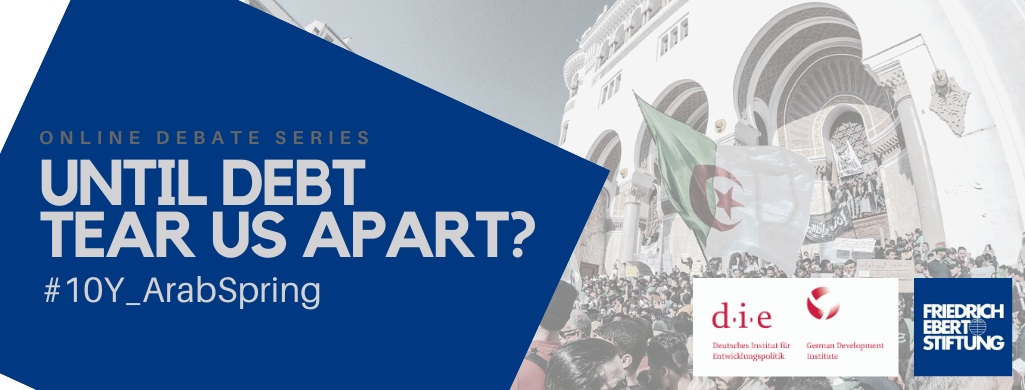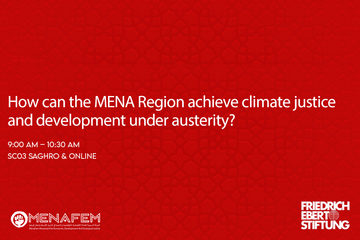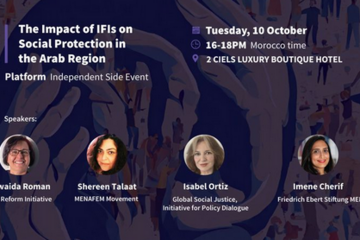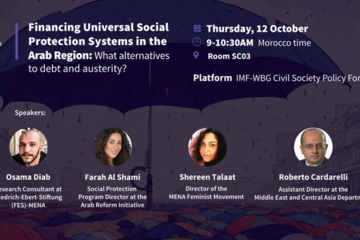Political Economy and International Financial Institutions in MENA countries

New book: The Impact and Influence of International Financial Institutions on the Economies of the Middle East and North Africa
As architects of the globalized world, international financial institutions (IFIs) - particularly the International Monetary Fund (IMF) and the World Bank - exert varying degrees of influence over economic policy in the region. They continue to shape these historical trajectories at the nexus of macroeconomics, social justice, and political change. IFIs have intervened to address economic crises in the MENA region as early as the 1960s, using conditionality to promote and propagate a deregulated, private sector-led, and integrated global market in exchange for technical assistance, projects, loans, or financial surveillance. Their long history of intervention and development programming has had mixed results, but ultimately contributed to a climate in which protesters now call for a complete overhaul of political and economic systems. After more than half a century of interventions in the MENA region and about a decade after the 2008 financial crisis and 2011 Arab uprisings, what have the IMF, the World Bank, and international donors accomplished? How have their recommendations shifted and shaped the current economic outlook in the region? And how have the years of IFI-inspired and induced policies contributed to the civil unrest witnessed in the Arab world?
FES’s new book aims to provide answers to these questions through the lens of social justice and on the IFI’s role in crisis response, nation building and providing insights into the logic of their interventions.
Such a discussion is even more relevant in the light of the global Covid19 lockdown crisis: Countries in the region are expecting the worst economic downturn since their independence. Already, the IMF is involved in economic crisis response. The importance of this historical moment cannot be clearer: Will the crisis give rise to a new more inclusive and just economic system or will the economic shock further exacerbate previous injustices?
Read the publication on International Financial Institutions in the MENA region (published 2020) here
Read here Prof. Gilbert Achcar’s analysis "The Inequality Puzzle" (published 2020, in Arabic) here
Until debt tear us apart? International cooperation and socio-economic justice in a post-Covid19 MENA region

The Friedrich Ebert Foundation and the German Development Institute are co-organising a series of online debates in the Autumn of 2020. Due to the Covid-19 pandemic, the question of how international partners can best support MENA countries and the region as a whole in addressing questions of social and economic justice has become more urgent. Even before lockdown, protests against perceived socio-economic injustices including poverty, corruption and cronyism, had erupted in Lebanon, Iraq, Algeria, Tunisia and Jordan, raising the prospect of a second wave of uprisings a decade after the ‘Arab Spring’. Concerns about socio-economic justice have prompted the Egyptian and Moroccan governments to start discussing issues like exclusion and regional inequalities, and to propose new development strategies. In Libya, Syria and Yemen, the three MENA countries most deeply affected by internationalised civil war, discussions of reconstruction, even before the conflicts are settled, have been influenced by the interests of foreign powers, rather than the people of the countries concerned.




